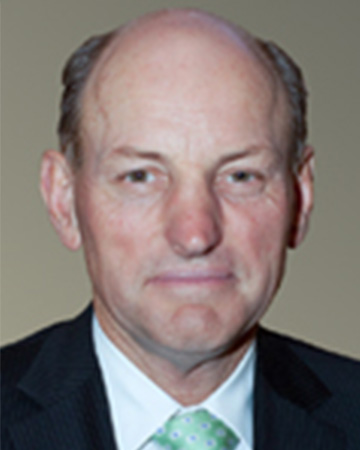WA's first facility for older adults with intensive psychiatric needs unveiled
Western Australia's first psychiatric intensive care unit specially designed for older adults has been officially opened at Selby Lodge in Shenton Park by Parliamentary Secretary to the Minister for Mental Health Helen Morton.
Refurbished at a cost of $108,000, the eight-bed unit is designed to suit the needs of patients with Behavioural and Psychological Symptoms of Dementia (BPSD). It has two large garden areas and spacious activity rooms.
Ms Morton said the unit would benefit patients with BPSD by providing intensive assessment and treatment.
"This unit is a major gain for the people of WA and will deliver the very latest in evidence-based care for this high-risk population," she said.
"It's projected that the number of people in Australia diagnosed with dementia is on the rise from 245,000 in 2009 to 1.13 million cases by 2050, making innovative treatment facilities like this all the more important."
Head of Selby Older Adult Mental Health Service Dr Angela McAleer said that BPSD occurs in approximately 90 per cent of those who develop dementia, and significantly affects the quality of life for patients, their families and carers.
"Staff has been trained in the Person Centred Care approach which was developed in the 1990s, and is widely considered to be best practice care for people with dementia," Dr McAleer said.
"Patients are usually admitted from another mental health facility after exhibiting behaviours which indicate high levels of distress.
"A multi-disciplinary team, consisting of nurses; doctors; psychiatrists; social workers; psychologists; occupational therapists; physiotherapists and other allied health staff, work together to observe and better understand these behaviours.
"We develop care plans which aim to build on a patient's strengths and reinforce their unique sense of self, improving their wellbeing and reducing distress. For example, we may find that a patient is less agitated in the afternoon if they have taken part in physical activity, or listened to music, or spent some quiet time looking at old photos and reminiscing with a staff member.
"We can then set up routines that are individually tailored to suit the patient. We also give a care plan to their carer at home or care facility so that they can work according to the plan for the best outcome for patient and carer.
"Current treatments for dementia generally only slow the progression of this disabling illness; however, treating BPSD can really make a difference and improve the wellbeing of patients, their families and carers.
"When we see that we're able to improve a patient's wellbeing when dementia has traditionally been considered an untreatable condition, our work is truly rewarding."
The service plans to build on the existing knowledge and skill base to become a centre of excellence, contributing to training and research in the area.
Minister's office - 9213 6900


